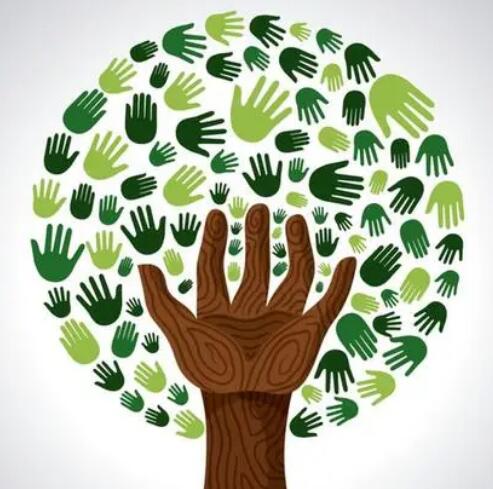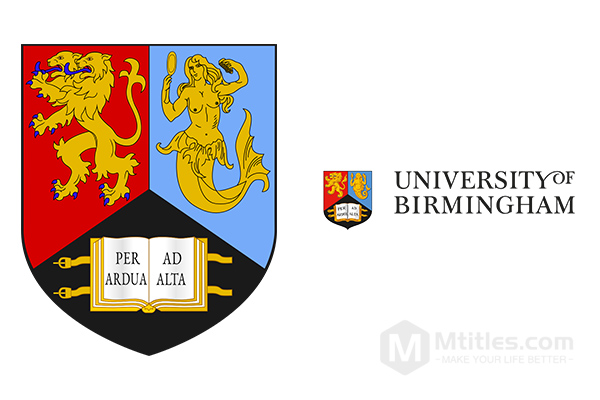What is MSW

1. The meaning of MSW
The training goal of the master's degree in social work is to have the professional values of "people-oriented, help others, self-help, fairness and justice", master the theories and methods of social work, be familiar with my country's social policies, and have strong social service planning, execution, supervision, and evaluation And research capabilities, competent for application-oriented senior professionals in social services and social management for different groups and fields.
International situation
Internationally, in the field of social sciences, social work has long become an independent discipline and specialty. It has the same status as sociology, economics, psychology, and political science, and has formed a relatively mature and complete society. Work professional education system. Developed countries such as the United States, the United Kingdom, and Japan, as well as developing countries such as India and Brazil, not only recruit a large number of social work undergraduates, but also have a master's degree in social work to cultivate high-level practical-oriented social work talents.
Countries have also set up Doctor of Social Work (DSW) and Doctor of Social Welfare (PHD) degrees to cultivate research talents that combine application orientation, application and academics, thereby forming a discipline education consisting of three levels of undergraduates-masters-doctoral students. system. Among these three levels, undergraduate is basic education, and postgraduate education is divided into two orientations: one is the practical-oriented Master of Social Work (MSW), and the other is the academic-oriented Master of Philosophy (Social Work) (M .Phil); and doctoral students are basically research and academic. In developed countries, many important universities (such as the University of Michigan, Columbia University, University of California, Berkeley, Oxford University in the United Kingdom, etc.) regard the cultivation of a master's degree in social work as an important part of their education system.
Classification
Social work graduate students can be divided into "academic degree" postgraduates (Master of Social Science in the direction of social work) and "professional degree" postgraduates (Master of Social Work MSW) according to the type of training.
The difference in training goals
The "academic degree" (academic degree) and the "professional degree" are at the same level, but the training specifications have their own focuses, and there are obvious differences in the training objectives. The "academic degree" is set up by subject, which is oriented by academic research and emphasizes theory and research, and mainly trains university teachers and researchers in scientific research institutions; For high-level talents who have received formal and high-level training in their majors and expertise, the standards for awarding degrees should reflect the characteristics of the professional field and the requirements for high-level talents in specialized technical work and academic capabilities. The outstanding feature is academic Sexuality and professionalism are closely integrated, and those who obtain a professional degree are mainly engaged in work with a clear professional background instead of academic research.
Five, the difference in education types
The "academic degree" and the "professional degree" have their own clear positioning in the training objectives. Therefore, they are different in teaching methods, teaching content, and standards and requirements for awarding degrees. As far as “Sociology and Social Work Orientation” graduate students are concerned, all domestic sociology graduate training units mainly recruit “full-time academic postgraduates”, and the length of schooling is generally two to three years; while “Master of Social Work” graduate students are clearly classified as “full-time” There are two types of "postgraduates with professional degree" and "postgraduates with part-time professional degrees", and the length of schooling is generally two years.







